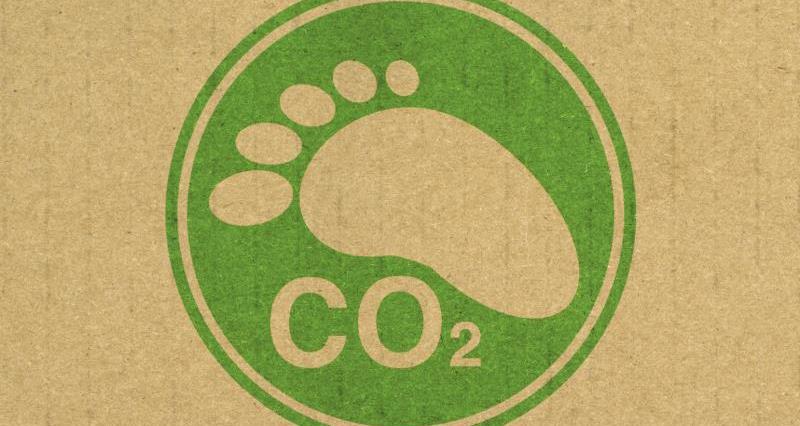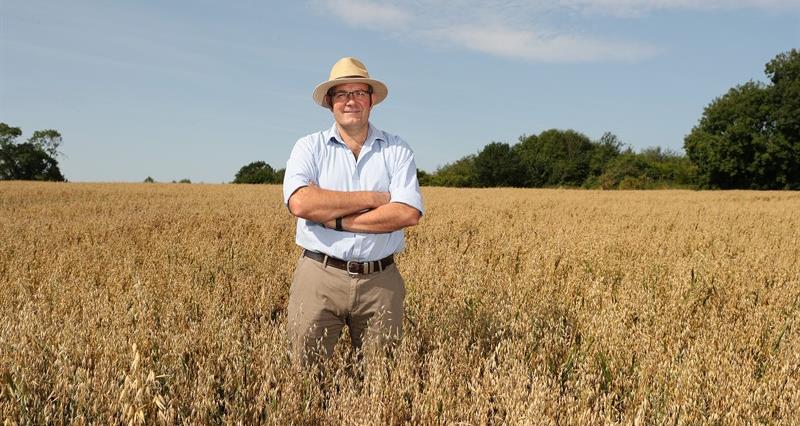To work out how to reduce emissions, it is helpful to know where they are coming from.
The NFU’s ambition for farming to achieve net zero by 2040 is a national aspiration, not an expectation that every farm can, or will, reach net zero.
Every farm will start the journey to net zero from a different place. You can begin to understand the levels of GHG (greenhouse gas) you are emitting by using a GHG calculator.
GHG calculators are a very useful tool for:
- establishing a baseline of emissions
- highlighting areas for reduction
- measuring progress.
GHG calculators – tested for farming
With more than 60 different calculators available, it can be difficult to know which to use. To help you decide what will work for you and your farm, we've reviewed three GHG calculators that are most applicable to NFU members, focusing on usability, coverage, scientific robustness and practicality.
All three are free to use but have optional paid add-ons. You can read our key findings for each below and find out more about each of these tools by visiting the relevant websites.
The results between calculators vary because they have different calculation approaches and input requirements. This means it is better to use them as a support tool to identify the areas of high emissions on your farm. Some calculators are also evolving to account for carbon sequestration. These are currently limited by lack of agreement around the methodology used. Find a calculator that works for you and stick with it to track progress.
Whether you are looking for a GHG calculator to support the reduction of your day-to-day general farming emissions or to measure your progress for enterprise purposes, the below infographics list the information and data you may be required to submit.


Agrecalc
- Detailed and repeatable.
- Calculations by farm, enterprise or product.
- Includes a soil carbon sequestration module.
- Benchmarking against other farms is possible.
- Time and understanding required to complete the livestock diet components.
Cool Farm Tool
- Simplest calculator to use.
- Favoured by food supply chain with opportunities to compare.
- Improvements can be measured over time.
- Compare progress of individual fields, crops and livestock types.
- Calculate footprints for biodiversity and water use.
- Requires multiple product assessments to provide an output for the farm.
Farm Carbon Calculator
- Easy to use calculator with a spreadsheet to collate information.
- Easy to see how changes made will affect emissions.
- Limited in recording livestock diet and productivity.
- Does not allow for direct comparison between different years or average farm figures.




